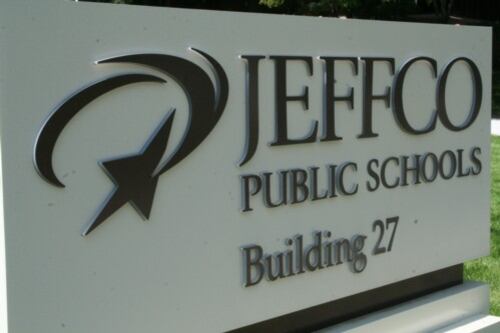Jeffco voters will decide whether to change the direction of the district’s school board this year.
The Jeffco district, the second-largest in Colorado, has a five-member school board.
The three open seats are divided by district, meaning each candidate must live in that part of Jefferson County, but voters in the entire school district can vote in all three races.
Seven candidates are running for the three seats, and none of them are incumbents.
The school board will work with the district’s new superintendent to oversee a pandemic recovery, which includes improving academic performance. The district is also dealing with a declining student population, which has already resulted in school closures and will likely require planning how to deal with facilities in the long term.
Many parents and community members have also been calling for the district to improve its mental health support for students.
One slate of candidates includes Mary Parker, Danielle Varda, and Paula Reed, supported by the district’s teachers union, and is focused on improving neighborhood schools and improving recruitment and retention of staff.
Three other candidates, Jeff Wilhite, Theresa Shelton, and Kathy Miks, are running as an informal slate, hosting some events together and earning the support of the group Jeffco Kids First, a group that organized protests against masking requirements. They are more conservative candidates who say they want to prioritize better use of existing funds, and improve academic achievement on state tests.
For more information about this year’s school board elections, click here for our previous coverage.
To help voters weigh the candidates, Chalkbeat sent the same set of questions to each one. Below are their answers. We’ve edited them lightly for clarity.






